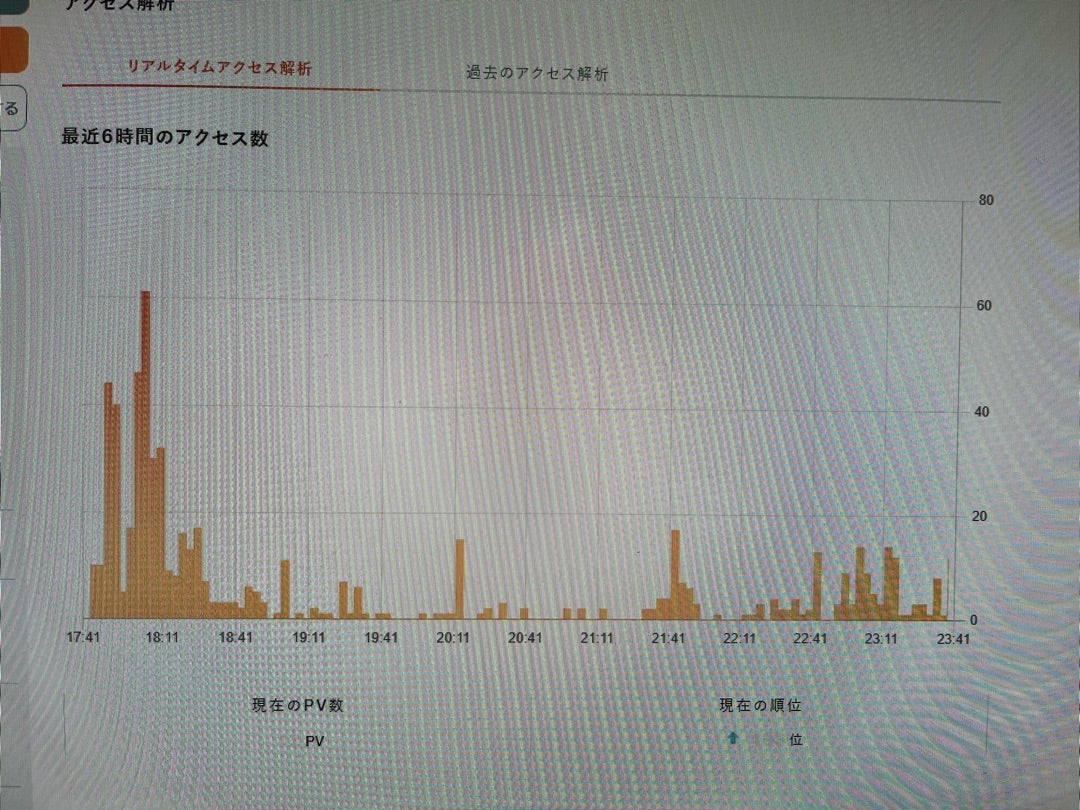The following is from Mr. Sekihei's serial column in the September issue of the monthly magazine Hanada.
It is a must-read not only for Japanese citizens but for people worldwide.
"stupendous Japan" (Economy and Commerce, second volume) differs from China and Korea.
Last time, I looked at the unprecedented prosperity and development of commerce in Japan during the Edo period and the poor reality of underdeveloped marketing in the Qing dynasty of China and the Korean dynasty of the peninsula simultaneously.
So, what factor created such a "gap between heaven and earth"?
This time, I would like to consider Japan first.
One of the reasons for the development and prosperity of commerce in Japan during the Edo period was the shogunate system at that time.
Under the shogunate system, the samurai class of each domain and their families settled in the castle towns as consumers, so merchants who provided daily necessities naturally gathered in the castle towns.
Merchants, like samurai, settled in castle towns, engaged in ancestral trade, and developed commerce under each domain.
However, it is impossible to produce all the daily necessities for the samurai and their families living in the castle towns of each domain through agriculture and handicrafts within the territories alone.
As a result, a wide-area distribution network that transcended domains was developed, such as transportation from various places.
Among them, Edo, Japan's largest castle town, was not only Hatamoto and Gokenin, but under the Sankin-kōtai system, feudal lords from all over the country and their families also lived in Edo, and many of their vassals also stayed in Edo.
There was a demand for high consumption.
Accordingly, consumer goods were transported and traded from all over Japan.
Indeed, Edo prospered as the largest commercial city in Japan.
On the other hand, under the shogunate system, each domain was economically independent, so one of the critical issues of the domain administration was how to maintain the financial stability of the field and make it rich.
However, it was naturally impossible to increase the domain's territory for that purpose, and it took work to achieve a dramatic increase in agricultural land production within the field.
For each domain, the only way to make their finances richer was to increase the production of high-value-added cash crops or to develop commerce.
Both require the power of merchants.
As a result, commerce and merchants in most domains across the country were subject to protection by domain administration. They enjoyed a certain degree of autonomy and the right to operate independently.
Of course, looking at the relationship with political power in the Edo period as a whole, merchants were placed under the samurai class.
They were in a position to be politically controlled by the shogunate and feudal lords.
In reality, however, in Edo, Osaka, and the castle towns of each domain, the townspeople society to which merchants belonged was practically managed by the autonomy of the townspeople.
In the case of Edo, town officials such as the head of town officials and town officials exercised self-government within Edo Prefecture, established rules called the town law, collected town tax (equivalent to community association fees or local taxes) from residents, they are using for the autonomy.
Although the town magistrate's office was established as an institution of the shogunate to control the townspeople, Edo was a large city with a population of one million people at its peak, and the town magistrate's office had less than 300 full-time officials.
Surprisingly, the shogunate's authority, which "manages" the big city of Edo, was managed by such a small number of people. Still, even from this fact, we can see the significant autonomy that the townspeople have.
Not only in Edo but also in Osaka and Kyoto, townspeople enjoyed similar or even greater autonomy.
Even the merchants were outside the political power of the samurai, although they were socially ranked under the samurai.
At times, they even possessed powers that surpassed political power.
For example, this was especially true for wealthy merchants who dominated the financial industry as money changers.
It is well known that in the latter half of the Edo period, the imperial court, the bakufu, and the daimyo, all suffering from chronic financial difficulties, owed vast amounts of money to money changers in Osaka and Kyoto. This example clearly shows that the samurai's political power did not dominate the world of merchants.
If the samurai class were the absolute rulers of the merchants, they would hardly bow their heads and borrow money from the merchants under their control.
It should be possible to confiscate by exercising political power.
The reality is the opposite.
Generally, the lender's position is usually more potent than the borrower's.
In fact, around the end of the Edo period, there was no end to the number of daimyo who were forced to put their heads down by money changers because of debt after debt and daimyo who cried out to money changers for more debt.
There is a feeling that the world has become a world of merchants.
In this way, merchants in the Edo period maintained solid autonomy under the shogunate system and a stable position unaffected by political power. They manage their business independently, develop commerce continuously, and create unprecedented prosperity in the commodity economy.
It is believed that the prosperity of civilization and culture in general in the Edo period was based on this.
What was the social position of the merchants in the Qing dynasty of China and the Korean dynasty of the Korean peninsula, and what was their situation?
I will elaborate on this point next time.










































